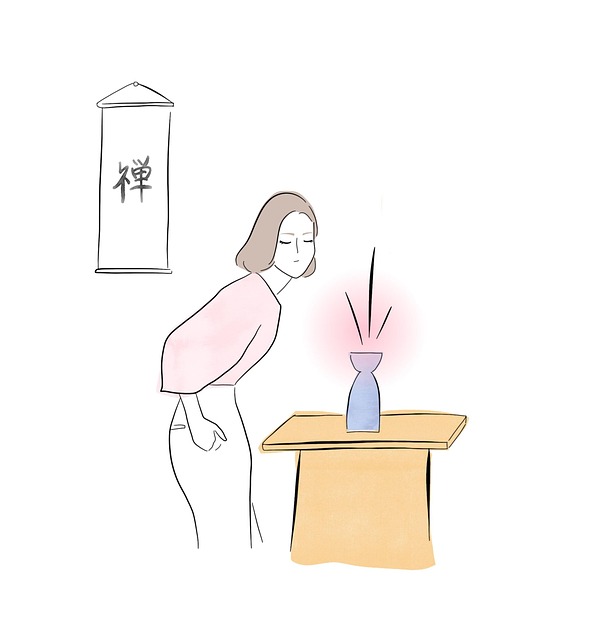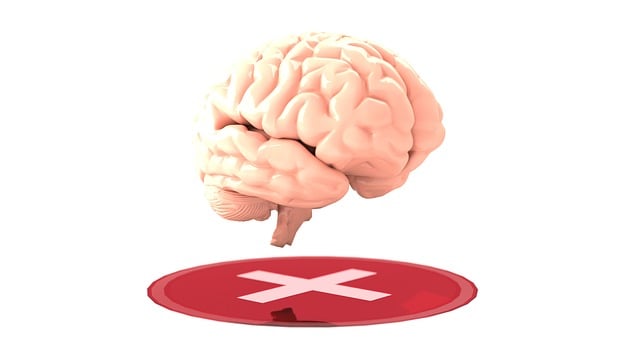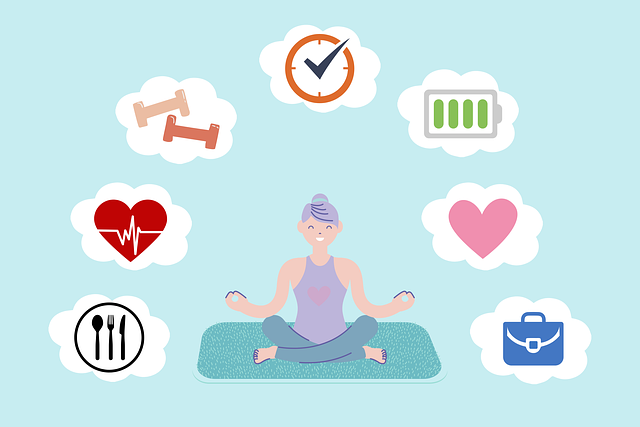Positive thinking and improved emotional well-being among young adults can be achieved through challenging negative thoughts with realistic, positive alternatives. Combining this strategy with evidence-based practices like Therapy for Young Adults and Exposure and Response Prevention (ERP) rewire negative thought patterns and enhance conflict resolution skills. ERP, in particular, helps individuals manage emotions and behaviors by gradually facing fears in a controlled setting, leading to more effective coping strategies and a reduced need for destructive habits. By integrating ERP into daily routines and tailoring stress reduction methods to individual preferences, young adults can significantly reduce anxiety, trauma-related issues, and stress, fostering mental resilience and breaking negative cycles.
Positive thinking exercises offer a powerful tool for young adults seeking mental well-being. This article delves into the profound impact of cultivating optimism, exploring effective strategies such as exposure therapy and response prevention techniques. We’ll guide you through implementing these practices daily, providing sustainable methods to overcome negative thought patterns. By understanding the science behind positive thinking, you’ll discover how to foster a healthier mindset, enhancing overall mental resilience in today’s challenging world.
- Understanding Positive Thinking and its Impact on Young Adults
- Exposure Therapy: A Powerful Tool for Overcoming Negative Thoughts
- Response Prevention Techniques to Break Unhealthy Habits
- Implementing the Exercise: Strategies for Daily Practice and Sustainability
Understanding Positive Thinking and its Impact on Young Adults

Positive thinking is a powerful tool that can significantly impact young adults’ emotional well-being promotion techniques. It involves challenging negative thoughts and replacing them with more positive and realistic ones. This simple yet effective strategy has been shown to have profound effects on mental health, especially when combined with evidence-based practices like Therapy for Young Adults and Exposure and Response Prevention (ERP). By using ERP, young adults can learn to manage their emotions and behaviors by gradually exposing themselves to feared situations or thoughts and preventing the typical avoidance or escape responses.
This process helps in rewire negative thought patterns, fostering a more positive outlook on life. The impact extends beyond individual emotional well-being promotion; it also enhances conflict resolution techniques. Young adults with positive thinking skills are better equipped to handle interpersonal challenges, which is crucial for navigating the complexities of adulthood. Moreover, a positive mindset can mitigate risks associated with mental health issues, as identified in the risk assessment for mental health professionals, by providing individuals with coping mechanisms to navigate stress and adversity more effectively.
Exposure Therapy: A Powerful Tool for Overcoming Negative Thoughts

Exposure therapy is a highly effective technique that plays a pivotal role in empowering young adults to overcome negative thought patterns and anxiety disorders. This therapeutic approach works by gradually exposing individuals to situations, thoughts, or objects that trigger their fear or anxious responses, helping them learn to manage these reactions over time. By facing their fears in a safe and controlled environment, patients can develop coping strategies and build resilience.
For mental health professionals, integrating exposure and response prevention (ERP) into practice is invaluable. This method encourages individuals to not only expose themselves but also to prevent and modify their responses, thereby breaking down the association between triggers and negative emotions. Effective risk management planning can be implemented alongside ERP, ensuring a structured yet flexible approach to support young adults in their journey towards positive thinking exercises and overall mental well-being.
Response Prevention Techniques to Break Unhealthy Habits

Breaking unhealthy habits often involves a mental shift and learning effective response prevention techniques. Therapy for young adults, such as Exposure and Response Prevention (ERP), offers a powerful approach to tackling persistent behaviors or thoughts that hinder overall well-being. ERP therapy encourages individuals to gradually expose themselves to distressing situations while practicing self-care practices to manage their responses, ultimately reducing the urge to engage in unhealthy habits. By facing fears and changing reactions, young adults can break free from destructive patterns.
This therapeutic method enables them to navigate conflicts and challenging emotions healthily, which is a crucial aspect of mental illness stigma reduction efforts. Through exposure exercises, individuals learn to confront their triggers without resorting to negative coping mechanisms. As they gain more control over their responses, self-care becomes an integral part of their daily lives, fostering resilience and promoting positive thinking exercises that lead to lasting behavioral changes.
Implementing the Exercise: Strategies for Daily Practice and Sustainability

Implementing a positive thinking exercise like Exposure and Response Prevention (ERP) therapy for young adults can be transformative in promoting mental health and well-being. To make this practice sustainable, it’s essential to integrate it into daily routines. Start by setting aside dedicated time each day—whether it’s morning or evening—to engage in the exercise. Begin with small steps, such as identifying negative thought patterns and gradually exposing yourself to situations that trigger these thoughts, while using cognitive strategies to reframe them. Over time, this practice can lead to significant improvements in managing stress, anxiety, and trauma-related issues, providing much-needed relief for young adults seeking trauma support services.
Stress reduction methods, including positive thinking exercises, should be tailored to individual preferences and needs. Incorporate variety into your daily practice, such as incorporating mindfulness techniques or journaling alongside ERP. By making it a multifaceted routine, you enhance engagement and maintain consistency. Remember, the goal is not perfection but progress. Regularly assess your experience, celebrate small victories, and adjust strategies as needed. Utilizing these techniques can significantly contribute to effective anxiety relief and overall mental resilience in young adults exploring various stress reduction methods.
Positive thinking exercises, including exposure therapy and response prevention techniques, offer a promising path toward enhancing mental well-being among young adults. By facing fears and replacing negative habits with positive ones, individuals can achieve a more optimistic outlook on life. Implementation of these strategies requires dedication and consistency for daily practice, but the rewards are significant in fostering resilience and overall happiness. Incorporating exposure and response prevention into therapeutic regimens equips young adults with powerful tools to navigate challenges and embrace a brighter future.









